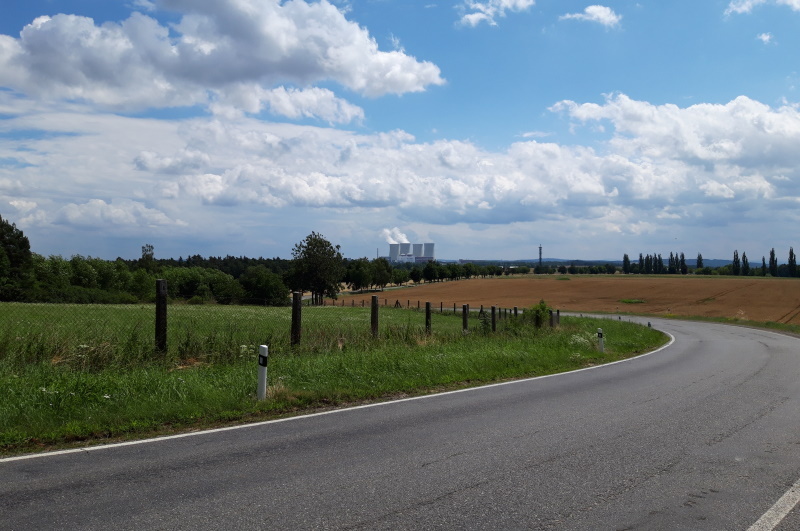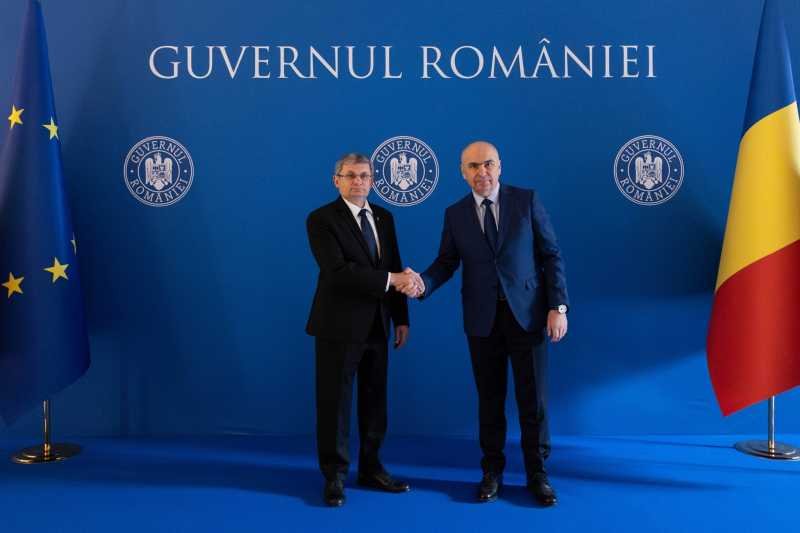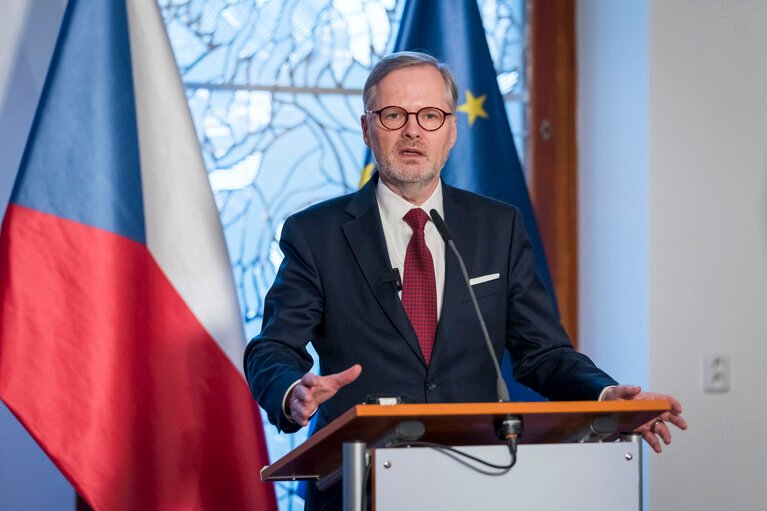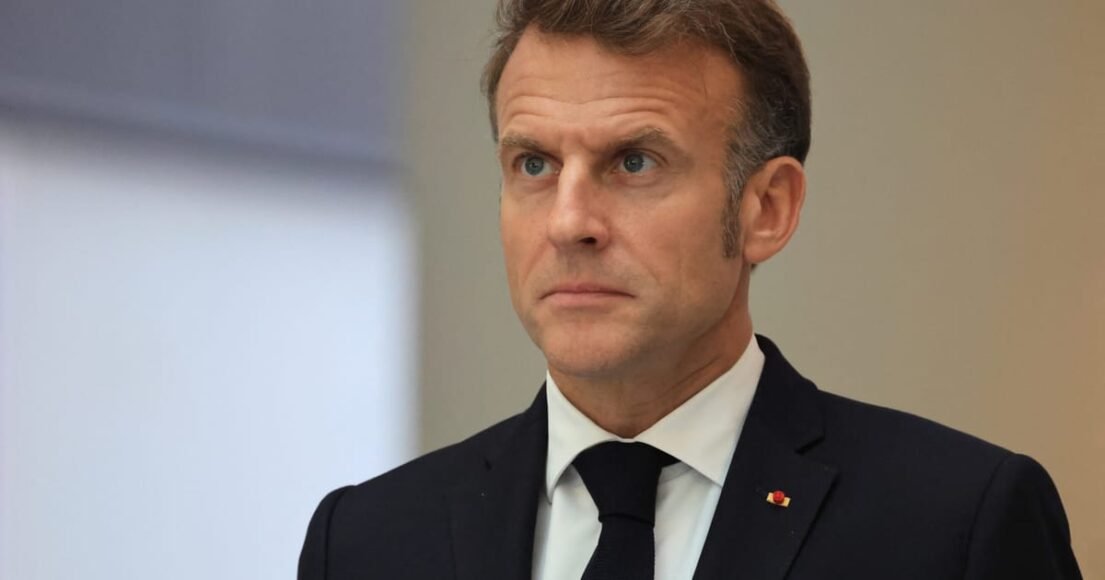
Brussels – Over recent decades, the Czech Republic has made notable strides in separating environmental impacts from economic growth. Nevertheless, it continues to be among the most energy, carbon, and resource-intensive economies in the EU, largely due to its robust industrial sector and reliance on fossil fuels. This is highlighted in the latest comprehensive report by the European Environment Agency (EEA), released every five years.
The transition to a greener economy presents significant challenges for the Czech Republic, worsened by the ongoing Russian aggression against Ukraine, which has notably affected the country, as mentioned in the report. Despite these hurdles, the Czech Republic is committed to decarbonizing its economy and achieving European climate targets by 2030. Important initiatives include new policies that support sustainable transportation, building renovations, and investments in clean energy and recycling. The national energy strategy aims to lessen reliance on Russian fossil fuels and boost domestic clean energy production. “These initiatives are vital for ensuring the country’s energy security and facilitating the shift to cleaner technologies,” the EEA report asserts.
The report indicates that the Czech energy sector is progressively moving away from solid fossil fuels in favor of increasing renewable energy use, while still maintaining a dependency on nuclear power. “However, enhancing energy efficiency and consumption remains necessary,” it notes. Since 1990, greenhouse gas emissions have dropped by 47.8 percent, and the Czech Republic is aiming to meet the EU goal of a minimum 55 percent reduction in emissions by 2030, as outlined in the report.
The European Environment Agency (EEA) releases its environmental report on Europe every five years. The latest, Europe’s Environment 2025, is the seventh installment in this series, which has been published since 1995. (September 29)













Leave a Reply